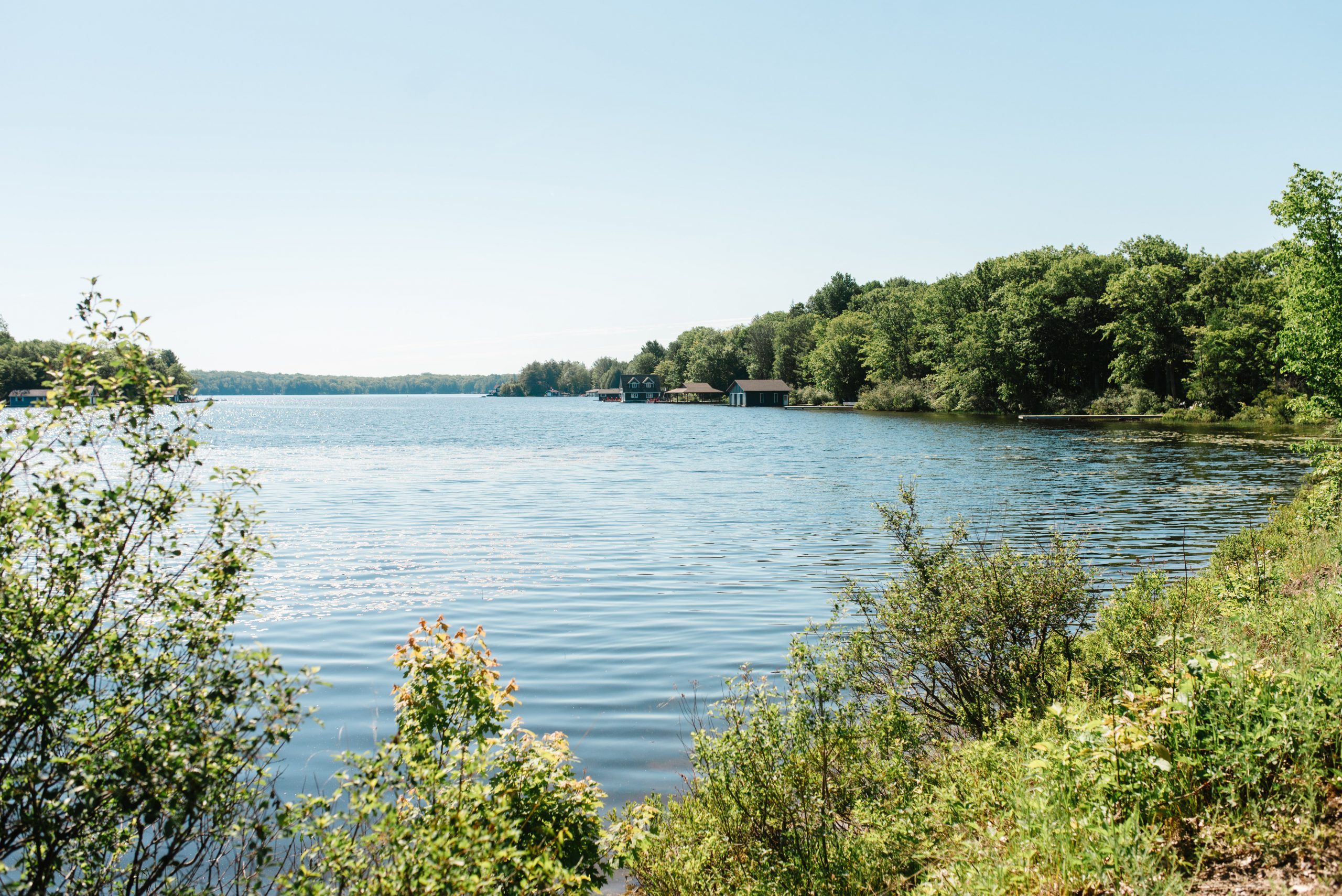“We are what we repeatedly do. Excellence then, is not an act but a habit.”
Maybe Aristotle was on to something here. Often when we hear the word ‘habit’ we immediately put these actions into ‘good’ or ‘bad’ categories. Getting up early, exercising, eating healthy = good. Smoking, binge-watching Netflix, eating chips = bad. However, the surprising truth about creating healthy habits in addiction recovery is much more fundamental to being human than just being good or bad.
Some Science about Habits:
Cue
- A signal to our brain that initiates behaviour that will lead to reward. These rewards can be primary (food, water, sleep) or secondary (wealth, love, praise.)
- While the primary cues are easy to identify – hunger cues lead to food, tiredness cues lead to sleep – the secondary cues can be trickier.
Craving
- Almost immediately following the cue, comes a craving for the behaviour. With substance use, cravings often have negative associations. But with habit-forming, cravings are the subconscious desire to engage any behaviour that will lead to reward.
- What turns a cue into a craving depends on the individual. The smell of McDonald’s can be either enticing – leading to a craving, or repulsive – without a craving, it all depends on who you ask.
Response
- This is the actual action we take as a result of the cue and craving. Eating that second cookie or going for that run. However, how we respond to the first two steps will determine how easy it is to respond. Eating a cookie – for me, very easy. Going for a run – for me, feels impossible.
- This is called the friction of the behaviour. At the beginning of forming new healthy habits in recovery there is often a lot of friction between the craving to do something positive, and the amount of effort we feel it takes to respond.
Reward
- The feeling we get after we respond. We chase rewards for two reasons: either they feel good, or they teach us something.
It takes time to find cues for habits we want to change and to create cues for new habits we want to form. In early recovery there are many new habits to form, and others to break. The good news is that the system that enables old habits to persist, is the same system for forming new habits.
How to form new healthy habits in recovery:
Start small
- Finding small actions that have minimal friction will be easier to incorporate into our daily routines. Things like making our bed, having breakfast and going for a walk are all small actions that can have a big impact on our recovery over time.
Celebrate wins
- If the reward is the ultimate goal of a habit, then celebrating successes at any size is key to creating a cue for reward. Meditated for two minutes – amazing! Ran one block – rock on! Stayed sober for one day – miraculous! Truly.
Set clear goals
- Trying to form a new habit for the rest of our lives can feel impossible. The reward is too far away and the friction between the craving and the response may be too great to incent action.
- Trying to form a new habit for 30 days may feel more manageable. The reward becomes closer, and the actions more realistic when they’re packaged in smaller chunks.
Find your cues
- I know that if I buy cookies, I will eat the whole package. However, I can eliminate that cue, and still experience a craving.
- If I think the cue is “I want something sweet,” I need to look more closely at the cue. Am I experiencing stress? Have I connected with someone from my 12 step program today? Have I eaten a healthy meal today? Am I actually experiencing loneliness?
- Cues aren’t always obvious. Although starting to ask questions about why I’m feeling this way can help to disrupt the cycle and trigger a different behaviour.
Find habits you love
- There are a lot of ‘shoulds’ when it comes to creating healthy habits in recovery. I ‘should’ eat better. I ‘should’ do yoga every day. I ‘should’ meditate.
- Instead of focusing on what we ‘should’ do, we can ask ourselves what we want to do.
- The walk you actually go on is a better than the run you think about while lying on the couch.
One day at a time applies to every aspect of life.
To form healthy habits in addiction recovery we can apply the same principle. We can identify rewards that are attainable, reduce the friction between the craving and the response, and be mindful of our cues. Don’t forget to be kind and gentle with yourself along the way.


